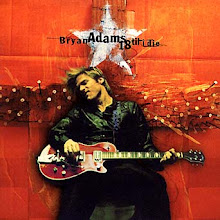A thief goes through trash to find discarded receipts or carbons, and then uses your account numbers illegally.
A dishonest clerk makes an extra imprint from your credit or charge card and uses it to make personal charges.
You respond to a mailing asking you to call a long distance number for a free trip or bargain-priced travel package. You're told you must join a travel club first and you're asked for your account number so you can be billed. The catch! Charges you didn't make are added to your bill, and you never get your trip.
Credit and charge card fraud costs cardholders and issuers hundreds of millions of dollars each year. While theft is the most obvious form of fraud, it can occur in other ways. For example, someone may use your card number without your knowledge.
It's not always possible to prevent credit or charge card fraud from happening. But there are a few steps you can take to make it more difficult for a crook to capture your card or card numbers and minimize the possibility.
Guarding Against Fraud
Here are some tips to help protect yourself from credit and charge card fraud.
Do:
- Sign your cards as soon as they arrive.
- Carry your cards separately from your wallet, in a zippered compartment, a business card holder, or another small pouch.
- Keep a record of your account numbers, their expiration dates, and the phone number and address of each company in a secure place.
- Keep an eye on your card during the transaction, and get it back as quickly as possible.
Void incorrect receipts. - Destroy carbons.
- Save receipts to compare with billing statements.
- Open bills promptly and reconcile accounts monthly, just as you would your checking account.
- Report any questionable charges promptly and in writing to the card issuer.
- Notify card companies in advance of a change in address.
Don't: - Lend your card(s) to anyone.
- Leave cards or receipts lying around.
- Sign a blank receipt. When you sign a receipt, draw a line through any blank spaces above the total.
- Write your account number on a postcard or the outside of an envelope.
- Give out your account number over the phone unless you're making the call to a company you know is reputable. If you have questions about a company, check it out with your local consumer protection office or Better Business Bureau.



